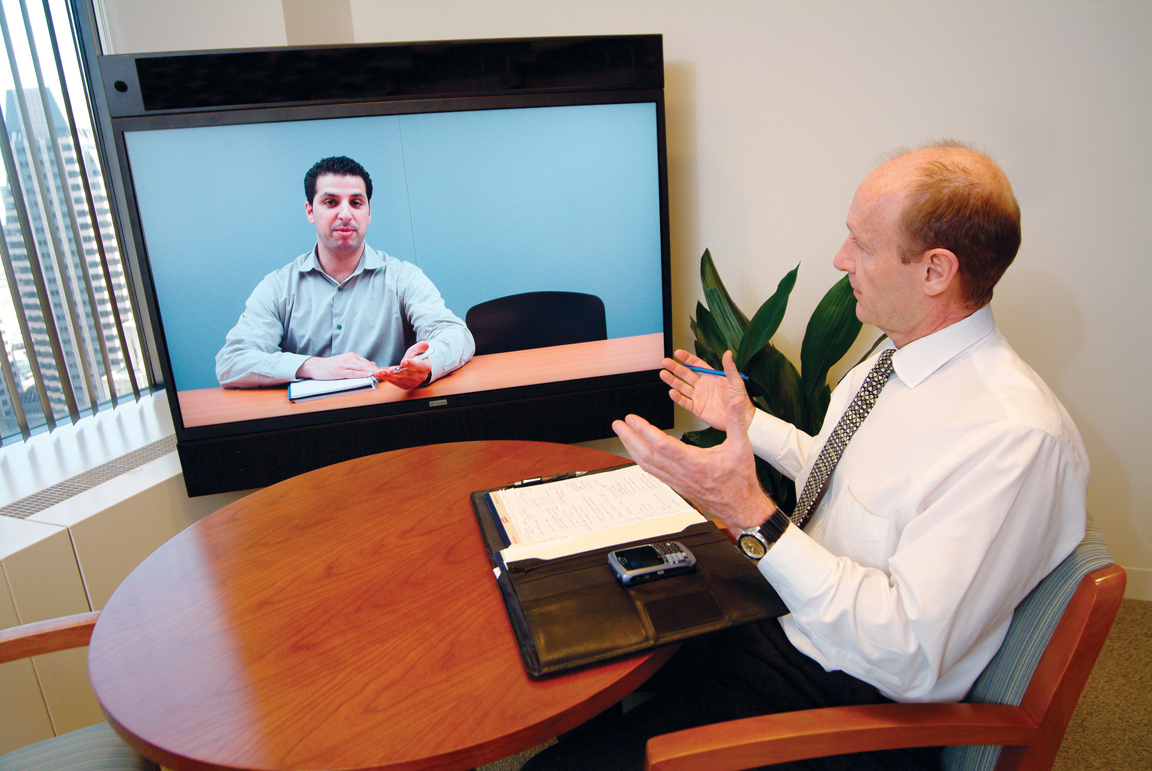Browsing the Future of Legal Procedures With Seamless Remote Depositions Solutions
The landscape of lawful procedures is swiftly evolving, with remote depositions arising as a popular function in this improvement. As technology continues to breakthrough, the integration of smooth solutions for remote depositions has come to be essential for legal specialists seeking effective and affordable ways to conduct depositions. Nonetheless, the path to totally welcoming this shift is not without its difficulties and considerations. By discovering the ins and outs of navigating the future of lawful process through smooth remote deposition options, a more clear understanding of the possibilities and complexities that exist in advance can be gained.
The Surge of Remote Depositions
This shift has actually been mainly driven by the requirement for flexibility, effectiveness, and cost-effectiveness in lawful procedures (REMOTE DEPOSITIONS). Remote depositions permit attorneys, witnesses, and court reporters to participate from various places, removing the demand for physical visibility in a specific deposition space.
In addition, the improvements in video clip conferencing platforms and electronic tools have improved the general experience of remote depositions, guaranteeing clear audio-visual communication and safe and secure documentation of statements. Lawyers currently have the alternative to seamlessly schedule, document, and transcribe depositions with simplicity, simplifying the entire process.
As technology remains to evolve, remote depositions are expected to come to be a lot more widespread in the lawful market, supplying a hassle-free and effective option for carrying out depositions in a hectic and interconnected globe. (REMOTE DEPOSITIONS)
Benefits of Seamless Modern Technology Assimilation
Just how does seamless innovation combination enhance the performance and effectiveness of remote depositions in the legal market? Smooth innovation assimilation plays a vital duty in enhancing remote depositions, providing a myriad of advantages to attorneys. By perfectly integrating modern technology right into the deposition process, attorneys can conduct depositions with ease, no matter of the participants' physical places. This combination enables real-time communication, file sharing, and cooperation, fostering an extra effective and productive deposition experience.
Furthermore, seamless technology integration makes it possible for safe and reputable information transmission, guaranteeing that sensitive info shared during depositions is protected. Advanced features such as virtual exhibitions, electronic signatures, and video clip conferencing boost the overall efficiency of remote depositions, simulating the in-person experience with added benefit. Furthermore, the assimilation of transcription solutions and AI-powered devices can additionally simplify the deposition process, saving time and reducing the margin of mistake.

Conquering Challenges in Digital Process
Legal professionals should likewise adapt to the lack of physical visibility, which can impede non-verbal hints and interaction subtleties vital in legal contexts. To mitigate these challenges, legal experts ought to invest in dependable modern technology, establish clear procedures for virtual procedures, give training on digital rules, and ensure contingency go now plans are in place to resolve technical concerns without delay. By proactively attending to these difficulties, lawful specialists can boost the effectiveness and efficiency of digital process.
Ensuring Security and Compliance Actions
In the world of lawful process, safeguarding safety and ensuring conformity measures is of critical value for preserving trust fund and promoting the honesty of the process. With the change in the direction of remote depositions, making certain the protection and confidentiality of delicate info exchanged during these process is vital. To achieve this, lawyers need to utilize secure online systems that supply end-to-end encryption, safe and secure accessibility controls, and conformity with sector policies such as HIPAA and GDPR.

Future Trends in Legal Tech Assimilation
As the legal landscape continues to develop with remote deposition services emphasizing security and conformity, the combination of advanced lawful innovations is positioned to shape future patterns in the lawful industry. AI-powered tools can help in lawful research study, agreement analysis, and also anticipating situation outcomes based on historical data.
In addition, cloud-based solutions are coming to be increasingly preferred in the legal sector. Cloud innovation offers improved adaptability, scalability, and ease of access, allowing lawyers to function collaboratively from anywhere with a net connection. This fad not only enhances efficiency however additionally promotes cost-effectiveness by lowering the need find out here for physical framework and maintenance.
Furthermore, blockchain innovation is making its means right into legal tech integration, supplying protected and clear ways to deal with delicate info, simplify transactions, and confirm the credibility of lawful files. By embracing these future trends in legal tech combination, law office can remain ahead of the curve, boost customer service, and adapt to the changing demands of the sector.
Conclusion
In verdict, the integration of seamless remote deposition options has changed legal process by offering countless advantages such as increased efficiency, cost-effectiveness, and availability. In spite of encountering challenges in virtual proceedings, developments in innovation remain to attend to security and compliance issues (REMOTE DEPOSITIONS). As the legal sector embraces additional assimilation of modern technology, future fads point in the direction of a much more streamlined and efficient lawful process
 Alisan Porter Then & Now!
Alisan Porter Then & Now! Nancy Kerrigan Then & Now!
Nancy Kerrigan Then & Now! Tyra Banks Then & Now!
Tyra Banks Then & Now! Bill Cosby Then & Now!
Bill Cosby Then & Now! Lacey Chabert Then & Now!
Lacey Chabert Then & Now!